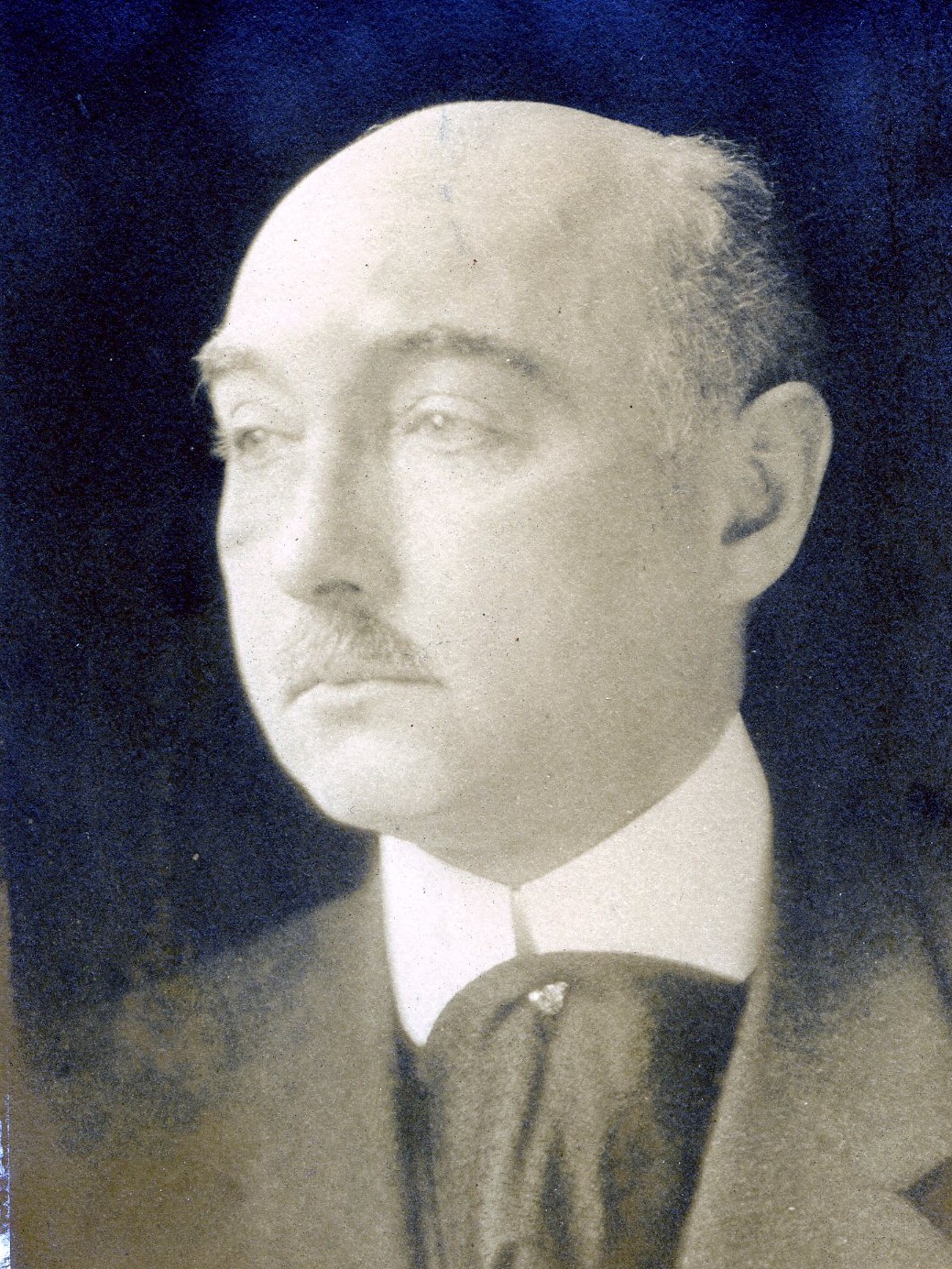Secretary, Carnegie Foundation
Centurion, 1920–1931
Born 27 August 1873 in Williamsport, Pennsylvania
Died 6 March 1931 in New York (Manhattan), New York
Buried Oaklawn Cemetery , Brookhaven, New York
, Brookhaven, New York
Proposed by Alexander C. Humphreys and Frederick Paul Keppel
Elected 5 June 1920 at age forty-six
Century Memorial
The group in the Century dining-room was never wholly complete until Clyde Furst had drawn up his chair to the long table and had joined unobtrusively in the conversation. Not often leading the talk, Furst’s thoughtful expression of ideas on questions about which his right or left-hand neighbor was passing judgment, the quiet humor and reminiscent anecdote with which his view of the subject was surrounded, touched an invariable note of cheerfulness. He was not controversial. With positive opinions of his own, he was not merely tolerant of opposite opinion but intensely interested in eliciting the grounds for it. During two decades as Secretary for the Carnegie Foundation, Furst had occupied the place of friendly counsellor to scores of American instructors. His knowledge, scholarly taste and discriminating judgment, so the Foundation’s bulletin declared, “has had notable effect on the history of the American college.” But his Century colleagues, when they do not visualize him at the mid-day lunch-table, will picture him resting quietly, book in lap, close to the shelves of the Library.
Of his particular interest in the curious and unusual things of life, the store of quaint information accumulated from his reading, Furst’s quiet table-talk had an occasional flavor; but without reading the observations of his “Professor Maturin,” no one could taste it fully. Packed as that entertaining booklet is with knowledge of recondite things in personality, art and history, it occasionally suggests the “Autocrat”; yet Furst did not copy Dr. Holmes. There were oddities of viewpoint in both, but each reflected the separate individuality of the one as of the other. This quest for the unusual made his unexpected discovery of the rarities in the Century Club’s library a matter of pure delight. Even at this short distance of time, many Centurions are possibly not aware that the unearthing of those forgotten originals with their handwritten marginal emendations by the authors, the transfer of them from a secreted strong-box to a place where Centurions could see what they actually owned, was Clyde Furst’s individual achievement.
Alexander Dana Noyes
1932 Century Association Yearbook

